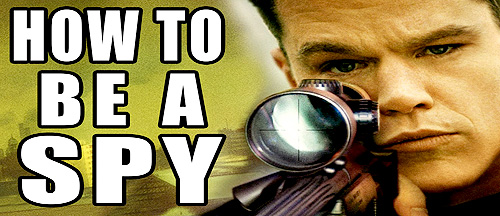
Perhaps unsurprisingly, foreigners need not apply. "The SVR is interested in filling its ranks with talented, well-educated, physically fit, brave and active young patriots, who are fluent in foreign languages," boasts an announcement posted on the agency's website. Another offshoot of the KGB - the Federal Security Service, or FSB - also conducts limited activities in the former Soviet republics. The SVR is a successor to the KGB's First Chief Directorate, which was in charge of foreign operations and intelligence-gathering. Petersburg City Hall under the leadership of Anatoly Sobchak and ultimately to the Kremlin.ĭuring his fourth year of legal studies, Putin was approached by a KGB representative to arrange his post-graduation employment, he says in his autobiography "First Person: An Astonishingly Frank Self-Portrait by Russia's President."įast-forward nearly five decades, and Putin would have only had to visit the website of the Foreign Intelligence Service (SVR) to familiarize himself with the requirements and obtain an application.īut what appears on the surface to be an exceedingly simple procedure is in fact a hotbed of nepotism, replete with hurdles only a select few individuals can expect to overcome, according to security experts. Putin went on to apply to the law faculty at Leningrad State University, a path that would ultimately lead him up the ranks of the KGB, then on to St. The current president was only in high school at the time. Wary of unsolicited applicants, the KGB officers turned Putin away, but not without some valuable advice: Go get an education, preferably in law.

When a young Vladimir Putin decided to fulfill his childhood dream of becoming a spy, he headed to the local branch of the KGB in Soviet Leningrad.


 0 kommentar(er)
0 kommentar(er)
